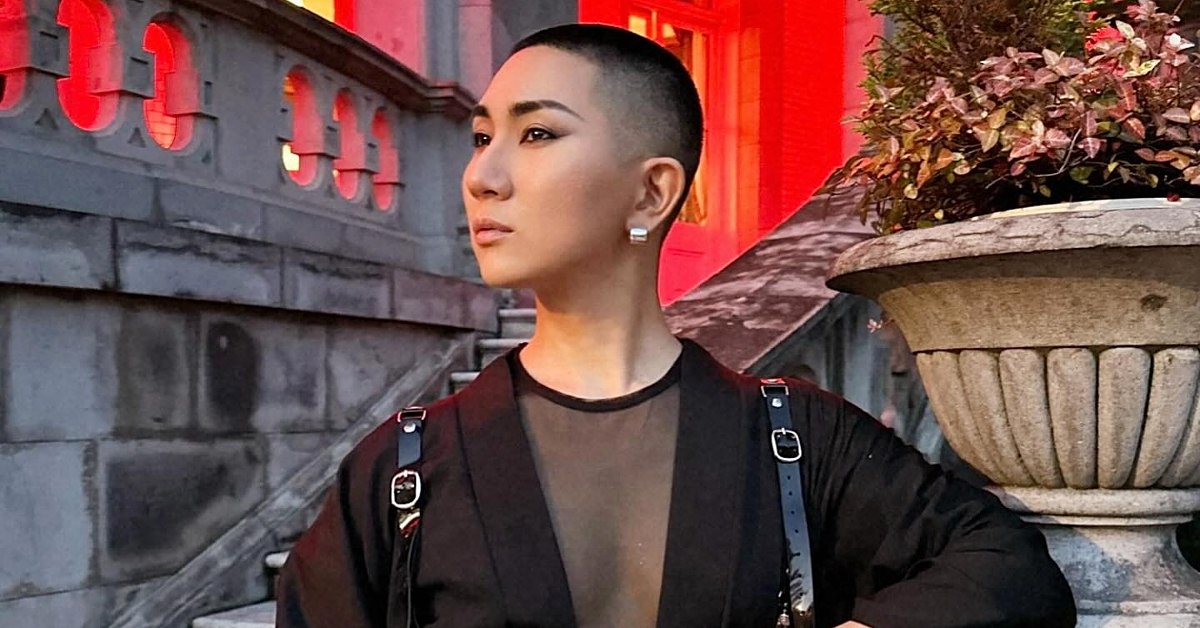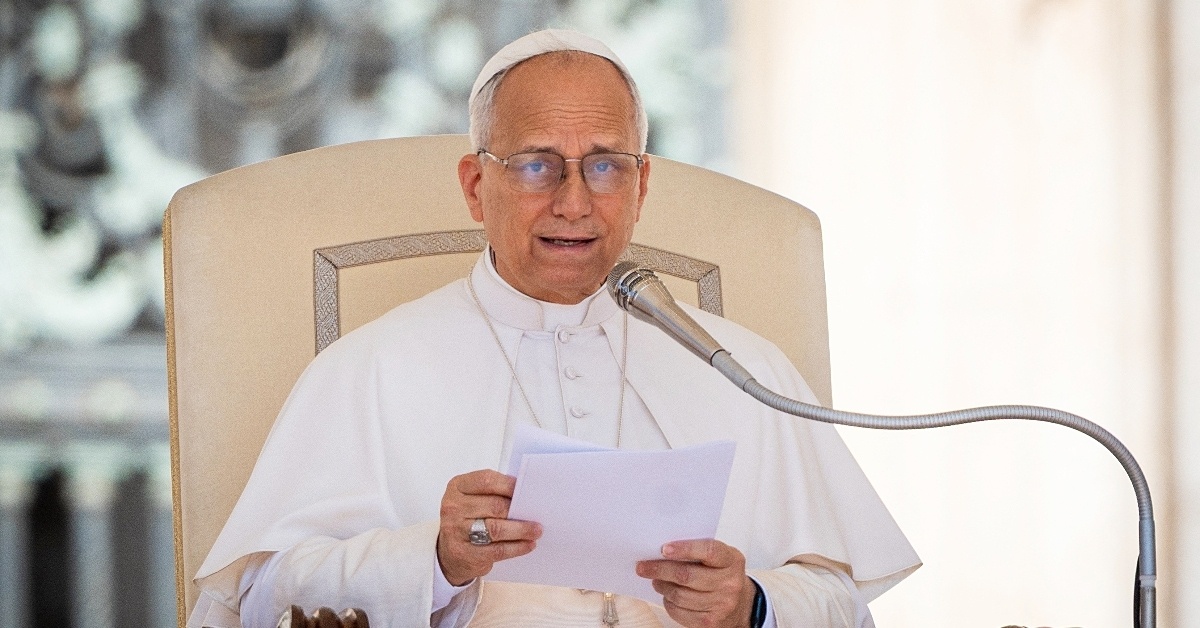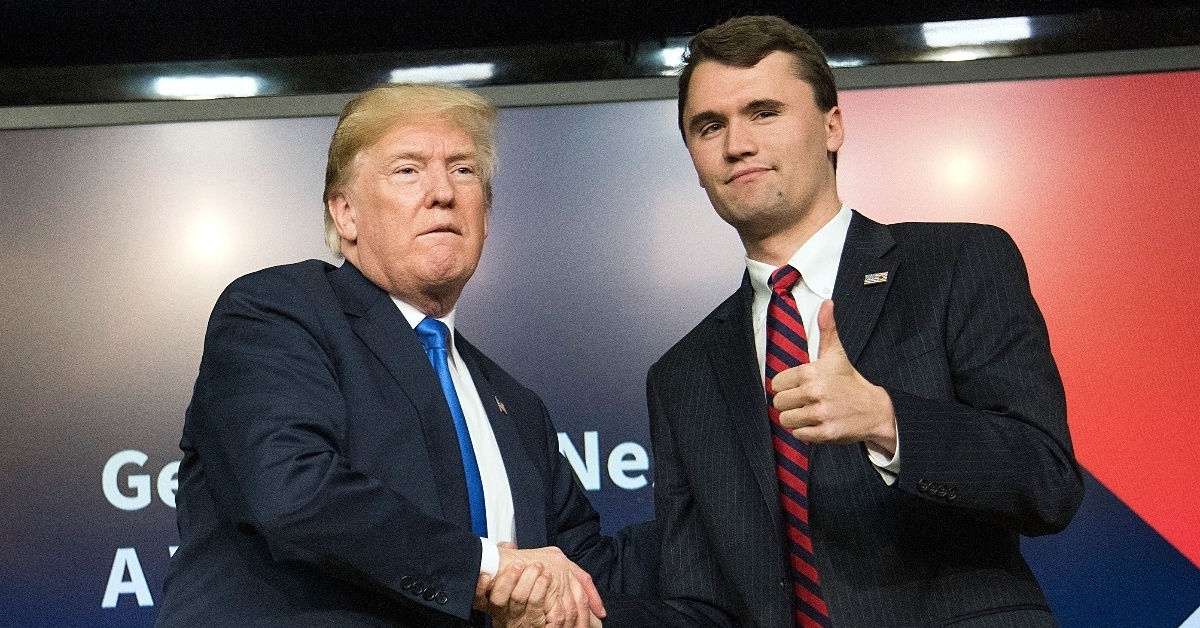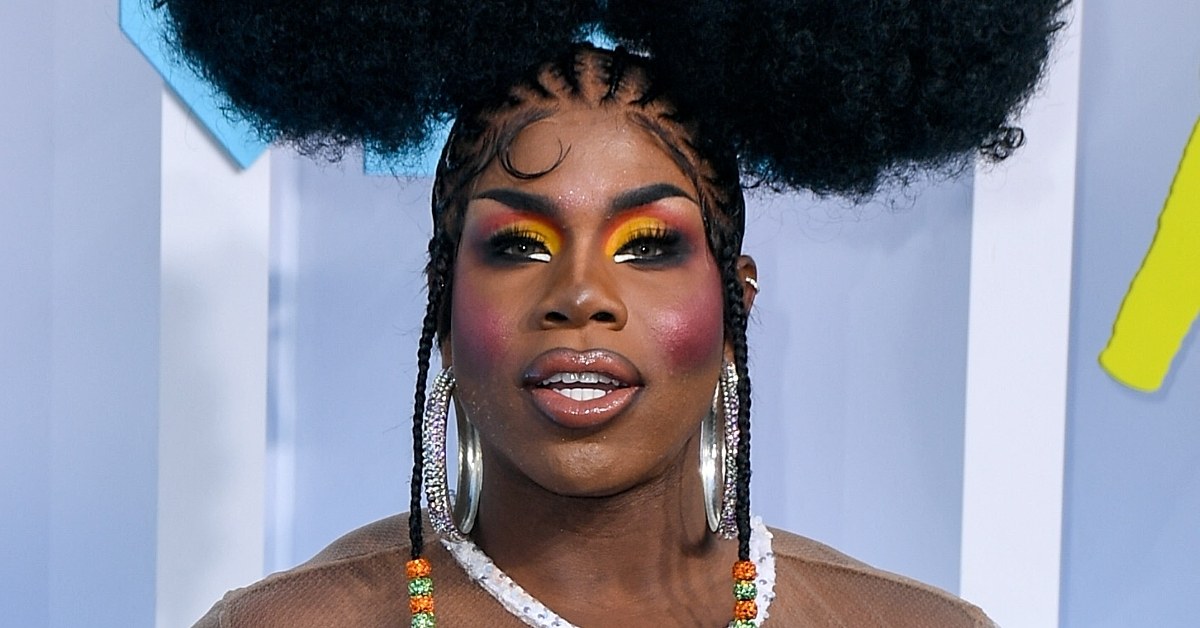BY: Walker
Published 2 years ago

Former President Donald Trump has been indicted on federal charges in an investigation into his handling of classified documents.
via: Reuters
Former U.S. President Donald Trump faces 37 criminal counts including charges of unauthorized retention of classified documents and conspiracy to obstruct justice after leaving the White House in 2021, according to federal court documents made public on Friday.
The Justice Department made the charging documents public on a tumultuous day in which two of Trump’s lawyers quit the case and a former aide face charges as well.
The charges stem from Trump’s treatment of sensitive government materials he took with him when he left the White House in January 2021.
He is due to make a first court appearance in the case in a Miami court on Tuesday, a day before his 77th birthday.
The indictment of a former U.S. president on federal charges is unprecedented in American history and emerges at a time when Trump is the front-runner for the Republican presidential nomination next year.
Investigators seized roughly 13,000 documents from Trump’s Mar-a-Lago estate in Palm Beach, Florida, nearly a year ago. One hundred were marked as classified, even though one of Trump’s lawyers had previously said all records with classified markings had been returned to the government.
“I AM AN INNOCENT MAN!” Trump wrote on his Truth Social platform on Thursday after announcing he had been indicted.
Trump has previously said he declassified those documents while president, but his attorneys have declined to make that argument in court filings.
CNN reported on Friday that Trump said after leaving office that he had retained military information that he had not declassified. Those comments, captured on audio, could be a key piece of evidence in the case.
U.S. District Judge Aileen Cannon has been initially assigned to oversee the case, according to a separate source who was briefed on the matter. She could preside over the trial as well, said the source, who spoke on condition of anonymity.
Cannon, appointed by Trump in 2019, made headlines last year when she decided in favor of the former U.S. president at a pivotal stage of the case and was later reversed on appeal.
Cannon would determine, among other things, when a trial would take place and what Trump’s sentence would be if he were found guilty.
It is the second criminal case for Trump, who is due to go on trial in New York next March in a state case stemming from a hush-money payment to a porn star.
If he wins the presidency again, Trump, as head of the federal government, would be in a position to derail the federal case, but not the state one in New York.
Also on Friday, Trump said on his Truth Social platform that his former military valet, Walt Nauta, had been charged in the case. Nauta worked at Trump’s Mar-a-Lago resort after serving in the Trump White House. It was unclear what his charges were.
Nauta’s lawyer, Stanley Woodward, declined to comment.
A spokesperson for Special Counsel Jack Smith, who is leading the prosecution, could not be reached immediately.
In an earlier post, Trump said he would be represented in the case by white collar defense lawyer Todd Blanche, who is representing him in a separate criminal case in Manhattan.
Trump made that announcement after his lawyers John Rowley and Jim Trusty quit the case for reasons that were not immediately clear.
“This morning we tendered our resignations as counsel to President Trump,” the two lawyers said in a statement. “It has been an honor to have spent the last year defending him, and we know he will be vindicated.”
Trump and his allies have portrayed the case as political retaliation by Democratic President Joe Biden, but Biden has kept his distance.
The White House said he did not find out about the indictment ahead of time, and he declined to comment when asked by reporters in North Carolina about the indictment.
Attorney General Merrick Garland has sought to minimize the perception of political interference by appointing Jack Smith as special counsel, giving him a degree of independence from Justice Department leadership to head the prosecution.
The case does not prevent Trump from campaigning or taking office if he were to win the November 2024 presidential election. Legal experts say there would be no basis to block his swearing-in even if he were convicted and sent to prison.










